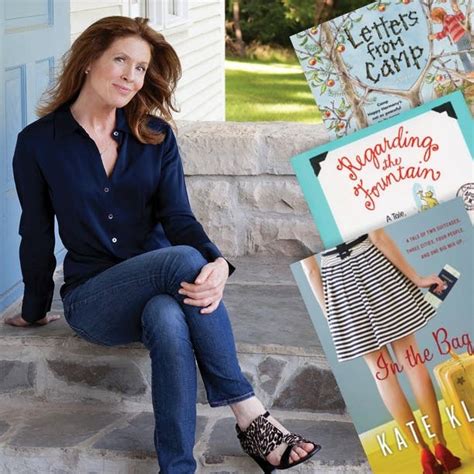A Quote by Julio Cortazar
What good is a writer if he can't destroy literature? And us... what good are we if we don't help as much as we can in that destruction?
Quote Topics
Related Quotes
I'm not a good writer, and I don't care. Unfortunately, after I left college, I didn't have time much for literature. I wish I did. Most of the time I read documents, and that's not going to help your writing. But I'm a very logical writer, and you can't get out of me. Once I've nailed you, you're finished.
Every day that you get up, it's some kind of victory if you're making a good product, or working on a project that can only help mankind. We pray for no destruction, and for the forces of destruction not to take over. We're all divided, but some of us have children, and we are invested in the future and would like to see good things happen.
Good art can come out of thieves, bootleggers, or horse swipes. People really are afraid to find out just how much hardship and poverty they can stand. They are afraid to find out how tough they are. Nothing can destroy the good writer. The only thing that can alter the good writer is death. Good ones don't have time to bother with success or getting rich. Success is feminine and like a woman; if you cringe before her, she will override you. So the way to treat her is to show her the back of your hand. Then maybe she will do the crawling.
The first is that good writing consists of mastering the fundamentals (vocabulary, grammar, the elements of style) and then filling the third level of your toolbox with the right instruments. The second is that while it is impossible to make a competent writer out of a bad writer, and while is equally impossible to make a great writer out of a good one, it is possible, with lots of hard work, dedication, and timely help, to make a good writer out of a merely competent one
Durable, memorable poetry is usually alert to complexity. A really good poem gives you a reason to read it 20 times, because the language in a good poem is doing a lot of work emotionally and a lot of work intellectually. That means durable poetry can help us think about complexity, can help us resist easy answers and help us step back. And it can help us sometimes calm down, and sometimes it can help us stay upset.
Literature is a place for generosity and affection and hunger for equals - not a prizefight ring. We are increased, confirmed in our medium, roused to do our best, by every good writer, every fine achievement. Would we want one good writer or fine book less? The sense of writers being pitted against each other is bred primarily by the workings of the commercial marketplace, and by critics lauding one writer at the expense of another while ignoring the existence of nearly all.
I'm often drawn to darker subjects. There's a lot of awful stuff in literature - and in life. Every day I read the paper and think how much I'd love certain people to just go away. But the flipside is that much of life is really good and sweet and tender and true. That's another thing pets teach us. That, and the importance of holding on to those good things in life.
There are moments when it frightens us, threatening to expose us as inauthentic. Well, the big-time impostors we read about in literature run this risk constantly, flirting with destruction, not just humiliation or embarrassment. It's a spectacle that we can't help but find compelling, and it involves a certain level of courage that we sneakily admire, perhaps.





































